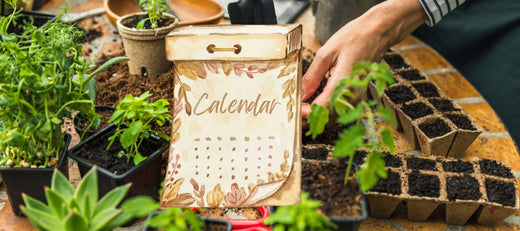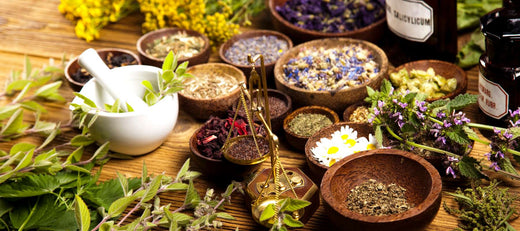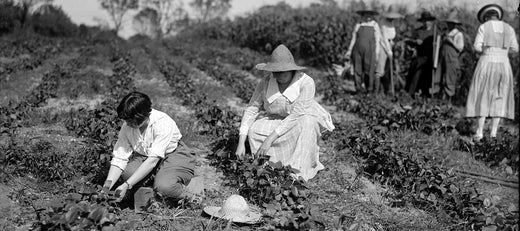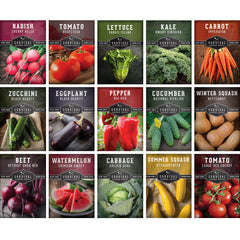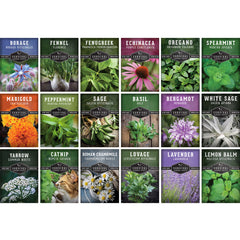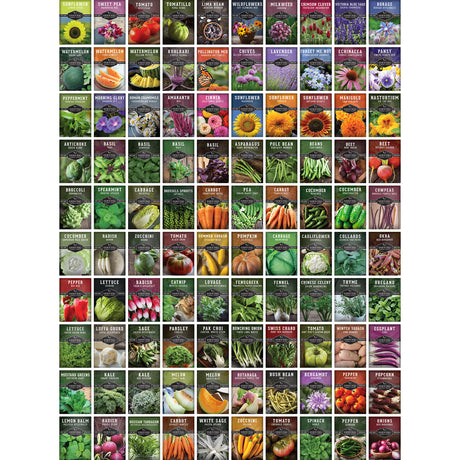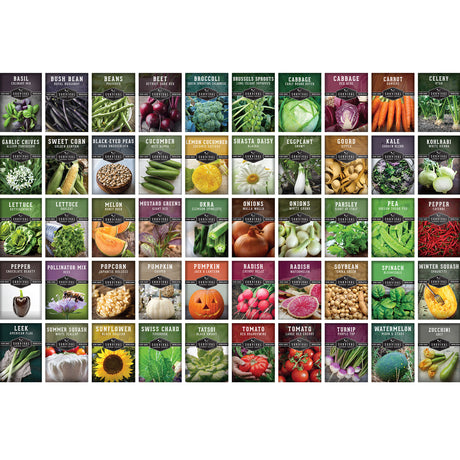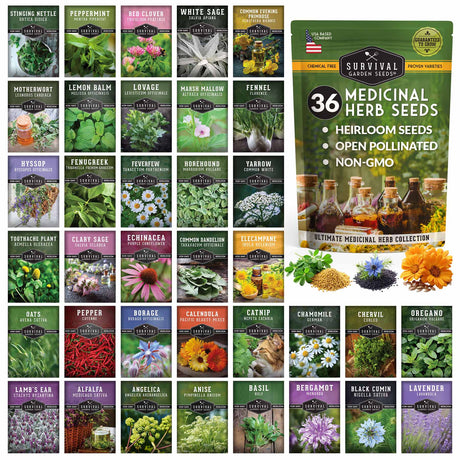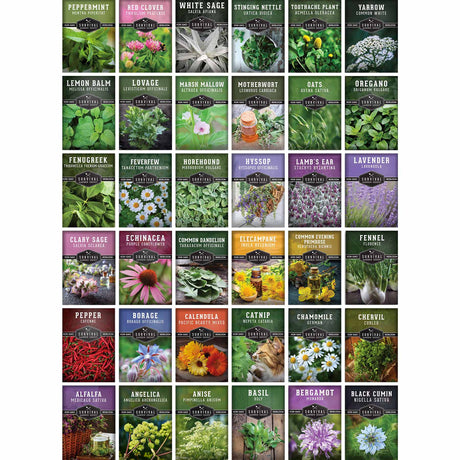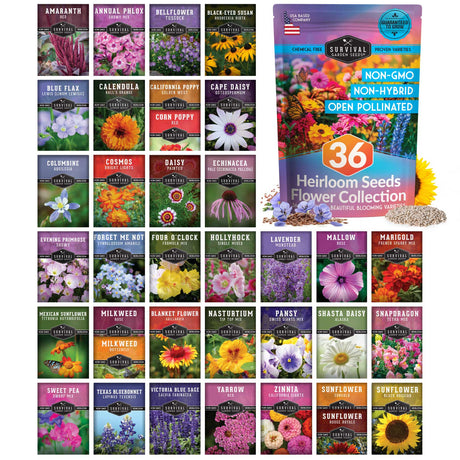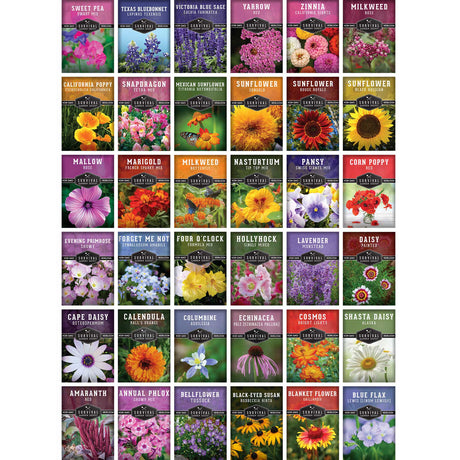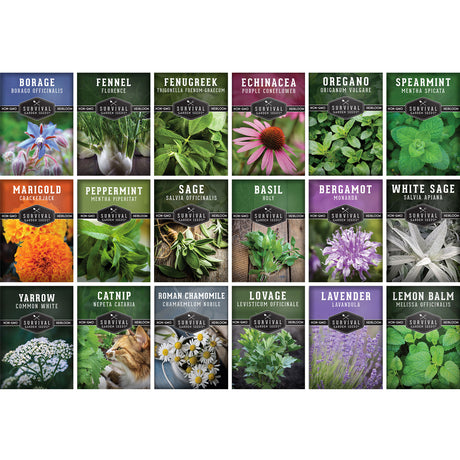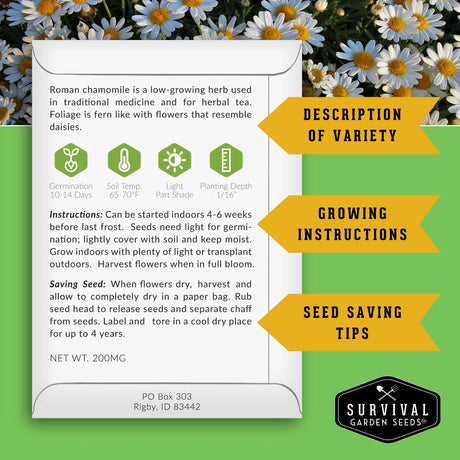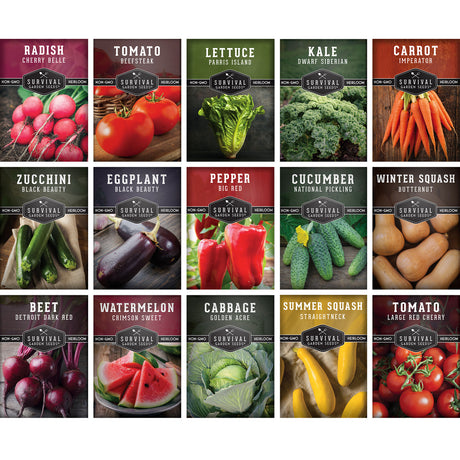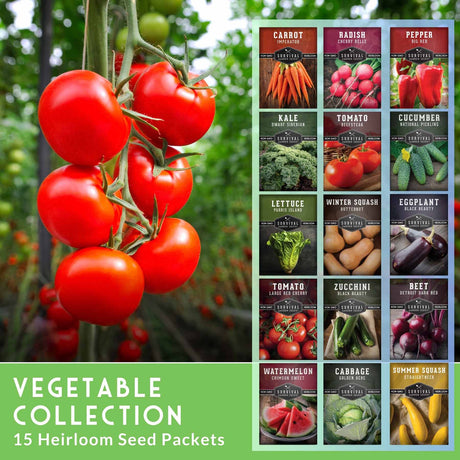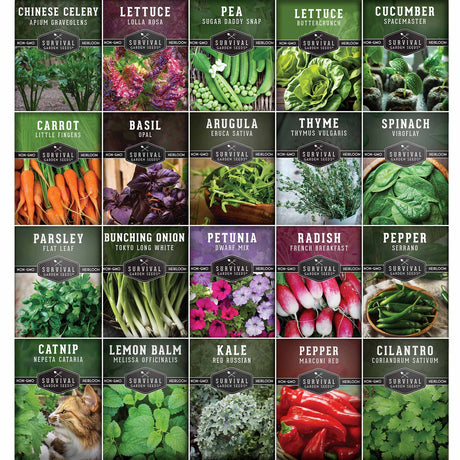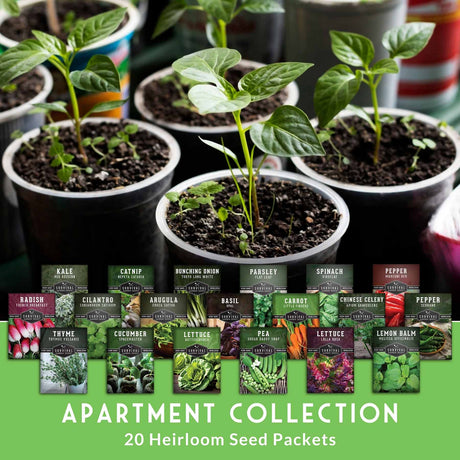As the gardening season approaches we all get excited about growing new plants and buying seeds. However, even experienced gardeners can make mistakes when it comes to buying garden seeds. Let’s look at 5 common seed-buying mistakes and how to avoid them.
#1 Not Reading the Back of the Packet

While browsing the colorful racks of seeds or shopping online, it can be tempting to purchase seeds based on the pretty picture of the plant variety. It’s important to take the time to flip that packet over and read the back or read the planting directions online to make sure that it is a plant that you can grow. Not all seeds are suitable for every environment. You need to know that you have enough light, water, space, and time to grow those seeds.
#2 Buying Seeds Too Late
There are a couple of reasons to buy your seeds early, the first being that popular varieties can get sold out. Particularly over the past few years, as more and more people seek to supplement their food supply with a garden, common seeds can be hard to come by, especially if you wait until planting season has actually started.
The other reason to buy seeds well ahead of time is that many plants, especially vegetables benefit from being started indoors. Tomatoes, peppers, and eggplants are examples of seeds that should be started indoors 8 to 12 weeks before the growing season. If you wait too long, your plants will not have a long enough growth period to produce results.
#3 Buying the Wrong Kind of Seeds

If one of your gardening goals is saving seeds from your harvest for future growing seasons, make sure that you do not purchase hybrid seeds. There are commercially available hybrid seeds that have been created for growing plants with particular characteristics like increased yields or drought tolerance. The problem is that these plants will not “breed true”. If you plant seeds you save from hybrid plants, they will not produce the same variety as the parent plant.
To save seeds from year to year, purchase open-pollinated heirloom seeds. These are seeds that have produced the same variety of plants for many years and will give you a reliable result if you save seeds and plant them. Unfortunately, many seed companies do not label their hybrid seeds and you need to research the varieties. All the seeds here at Survival Garden Seeds are non-hybrid, open-pollinated heirloom varieties.
#4 Not Buying Enough Seeds

While you might only decide to grow a few tomato and pepper plants, there are some vegetable garden staples that will likely require more than one packet of seeds. Vegetables like lettuce, spinach, carrots, and radishes can be succession planted. This means staggering the planting of these seeds so you can have a continual harvest over an extended period. You will probably need additional seeds for succession plantings. Many seed companies, including Survival Garden Seeds, offer a discount for purchasing multiple packets of seeds at one time.
#5 Not Buying the Right Seeds for Your Growing Season
The length of your growing season depends on your location. In the northern parts of the United States your growing season may be somewhere between 100 and 200 days, while in the South, you may have up to 300 days of growing. Tomatoes typically need 90 to 120 days to be ready to harvest. Eggplants need temperatures of 70-85 degrees Fahrenheit to grow best and also have a long growing period of up to 140 days. When choosing your seeds, be sure to choose plants that can go from seed to harvest within your growing season, or plan for a way to extend your growing season by starting your plants early indoors.
An easy way to avoid many of these mistakes is to take the time to create a garden plan and stick to it when purchasing seeds. A thoughtful garden plan will take into account the length of your growing season, and the amount of water, light, and space available and help you to choose the right varieties for your garden.


